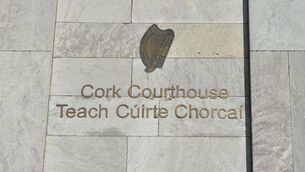Ratification of EU-Canada trade deal is unconstitutional, Supreme Court rules

Patrick Costello's case centred on the provision of investor protection and the establishment of an investment court system. File photo: Gareth Chaney/Collins
The Irish Constitution precludes the Government and Dáil Éireann from ratifying the EU-Canada Comprehensive Economic and Trade Agreement (Ceta) deal, the majority of the Supreme Court has ruled.
Seven Supreme Court judges issued individual judgments in the appeal, which was livestreamed on Friday, with many diverging findings regarding elements of the appeal brought by Green Party TD Patrick Costello.











